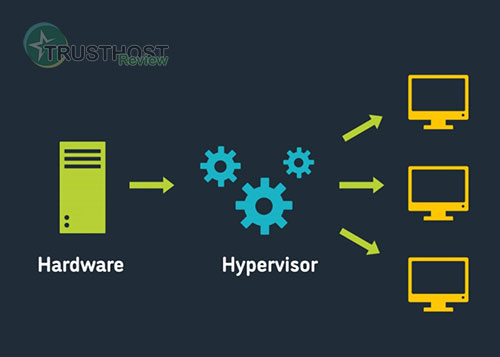LSI Keywords: Unlocking SEO Potential
Understanding LSI Keywords
In the ever-evolving landscape of Search Engine Optimization (SEO), staying ahead of the curve is paramount. While traditional keyword research remains important, search engines like Google are becoming increasingly sophisticated, moving beyond literal keyword matches to understand the context and intent behind search queries. This is where LSI keywords come into play.
What are LSI Keywords?
LSI keywords, short for Latent Semantic Indexing keywords, are terms and phrases that are semantically related to your main keyword. They aren't necessarily synonyms but are contextually linked to the topic at hand. By identifying these related keywords and incorporating them into your content, you provide valuable signals to search engines about the subject matter you're covering, thus improving your website's visibility and ranking.
The Power of LSI Keywords in SEO
Here's why LSI keywords are crucial for boosting your SEO performance:
- Enhanced Relevance: LSI keywords help search engines understand the nuances of your content, ensuring it ranks for relevant searches and reaches the right audience.
- Improved User Experience: Using LSI keywords naturally within your content enhances its readability and flow, making it more engaging for visitors.
- Avoiding Keyword Stuffing Penalties: By using a variety of related terms, you can avoid keyword stuffing, a black-hat SEO practice that can get your website penalized.
- Targeting Long-Tail Keywords: LSI keywords often take the form of long-tail keywords (longer, more specific phrases), which tend to have less competition and attract higher-intent traffic.
How to Find and Use LSI Keywords Effectively
- Google Search: Start by typing your primary keyword into Google and observe the related searches that appear at the bottom of the page. These are often great LSI keywords.
- SEO Tools: Utilize keyword research tools like SEMrush, Ahrefs, or Moz Keyword Explorer, which offer dedicated features to discover LSI keywords related to your main keyword.
- Analyze Competitor Content: Examine the content of your top-ranking competitors to identify the LSI keywords they're using successfully.
Incorporating LSI Keywords into Your Content
Once you've identified relevant LSI keywords, integrate them strategically and naturally within your content:
- Body Text: Sprinkle LSI keywords throughout your body content, ensuring they flow seamlessly and add value for the reader.
- Headings and Subheadings: Use LSI keywords in headings (H2-H6) to structure your content logically and improve its readability.
- Image Alt Text: When adding images, use LSI keywords in the alt text to describe the image content accurately.
- Meta Descriptions: Craft compelling meta descriptions that include your primary keyword and relevant LSI keywords to entice clicks from search engine results pages (SERPs).
















